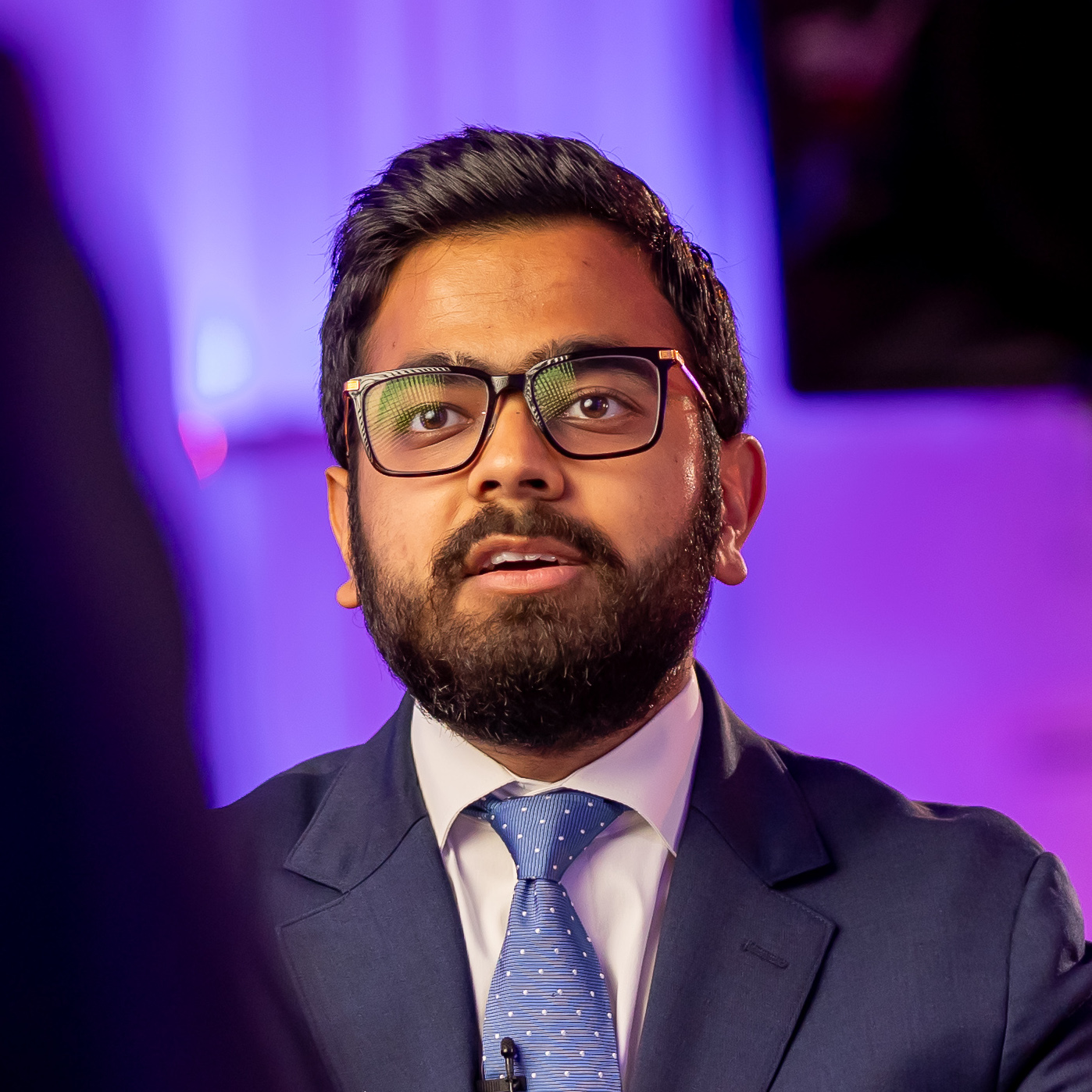
Divyansh Kaushik is a former Senior Fellow at the Federation of American Scientists.
He holds a PhD from Carnegie Mellon University in Pittsburgh, where he focused on designing reliable artificial intelligence systems that align with human values. In addition to his work on Capitol Hill advocating for defense, science, innovation, and immigration issues, he has also played a key role in the establishment of the Congressional Graduate Research and Development Caucus. He is also a frequent contributor to leading publications, including National Defense Magazine, The Dispatch, Daily Caller, and Forbes, sharing his insights and expertise on a variety of topics relevant to national security and innovation.
The looming competition for global talent has brought forth a necessity to evaluate and update the policies concerning international visa holders in the United States.
We believe this strategic investment into critical and emerging technologies will empower our nation to confront 21st-century challenges with solutions that are timely, scientifically rigorous, and security-enhancing.
Despite their importance, programs focused on AI trustworthiness form only a small fragment of total funding allocated for AI R&D by the National Science Foundation.
FAS is launching this live blog post to track all proposals around artificial intelligence (AI) that have been included in the NDAA.
With U.S. companies creating powerful frontier AI models, the federal government must guide this technology’s growth toward public benefit and risk mitigation. Here are six ways to do that.
Even though the COVID emergency is over, personal appearance waivers should be a standing policy in low risk cases.
Before releasing a new, powerful system like GPT-4 to millions of users, we must ask: “How can we know that this system is safe, trustworthy, and reliable enough to be released?”
The J1 visa Exchange Visitor Program, a pivotal mechanism fostering global cultural exchange and dissemination of specialized knowledge, remains regrettably stagnant since its last renewal in 2009.
The 21st century will be shaped by the US-China strategic competition. The United States and China are locked in a battle for global power, influence, and resources, and are fighting for control of the world’s most important geopolitical regions, including the Indo-Pacific and Africa. They are also vying for leadership in cutting-edge technologies such as […]
To help seed the ground for bipartisan progress, we’ve put together a menu of the best policy ideas on a range of critical topics.
If we want to keep America at the forefront of scientific discovery, we need to make sure that we are constantly replenishing our pool of scientists with the best and brightest minds.
It’s no secret that the world is becoming increasingly complex and interconnected. And as our societies become more technologically advanced, the risks of a global catastrophe become greater. Natural disasters or severe climate change in one part of the world can quickly become a humanitarian crisis in another, an airborne virus can spread around the […]